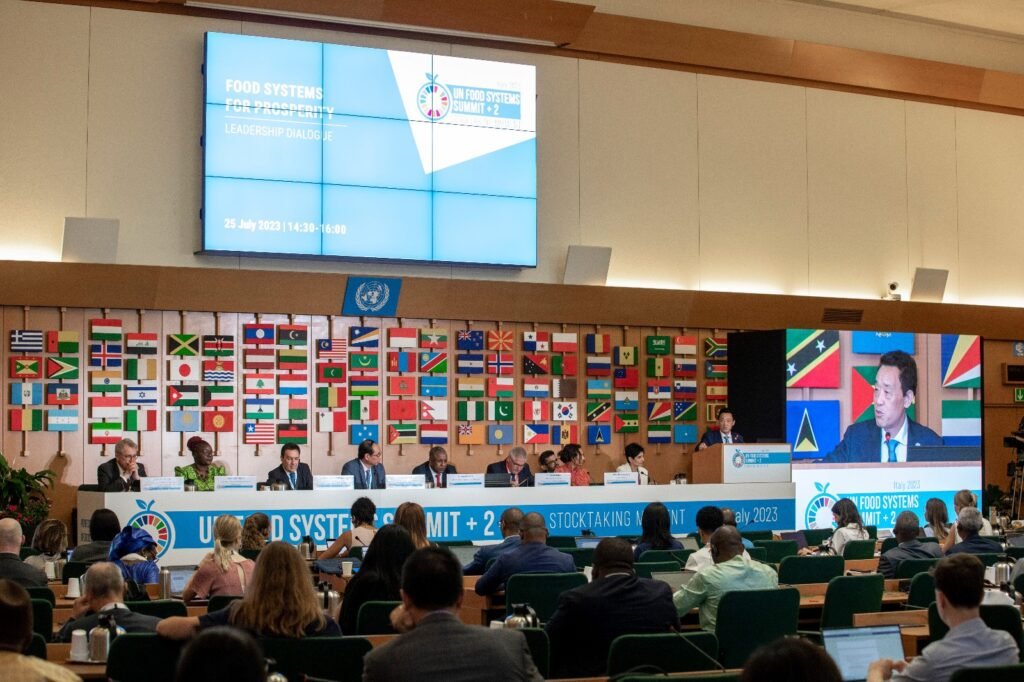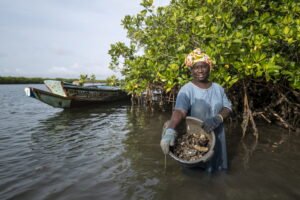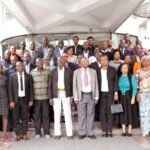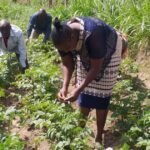FAO Director-General emphasizes goals and tools in two leadership dialogues at UN Food Systems Summit +2 Stocktaking Moment
By Murimi Gitari, July 26, 2023, The Director-General of the Food and Agriculture Organization of the United Nations (FAO) QU Dongyu, has said that agrifood systems hold the key to sustainable and inclusive economic prosperity, and therefore harnessing science and technology is the most impactful way to unlock their potential.
Speaking on Wednesday during the second day of the UN Food Systems Summit +2 Stocktaking Moment, which has drawn more than 20 heads of State and Government and hundreds of delegations from around the world to FAO’s headquarters, the DG emphasized that agrifood system transformation is a country-led process.
He also said that FAO and partners can galvanize consensus and efficiency through sharing experiences and knowledge, noting that his “whole life” has been driven by promoting science and making sure farmers are enabled to learn and benefit from it.
“We can learn from each other and challenge each other, and then we can have more and better consensus to give to politicians,” Qu said at a leadership dialogue on “Science, Technology and Innovation”.
The Hand-in-Hand Initiative, a flagship project since Qu took FAO’s helm in 2019, is strongly geared to offering the “best of science and data” to participating Members through a portfolio of geospatial and analytical technologies.
Also participating in the panel were Anna Maria Bernini, Italy’s Minister for University and Research, Mariam Almheiri, Minister for Climate Change and Environment of the United Arab Emirates, and Jennifer Lester Moffitt, Undersecretary for Marketing and Regulatory Programs at the United States Department of Agriculture. Their remarks focused on the importance of communicating science to a broader public and to farmers directly, the emerging role of “food tech” as a magnet to engage youth in the sector, and the role of extension services such as climate hubs to make sure information reaches the local level.
Today’s challenges go well beyond agriculture as a provider of food and involve topics ranging from natural resources, climate change and socioeconomic equity, Qu noted. “There is not a simple solution,” he said, urging scientist to “jump out of your own silos” to “think together, learn together and contribute together.”
Shared prosperity
Another leadership dialogue at the summit focused on “Food Systems for Shared Prosperity: Achieving equitable, inclusive and sustainable economic prosperity in agrifood systems and rural development”.
Qu’s opening remarks highlighted how countries face different challenges and focused on a common denominator: the need for more investment – in resilience, in rural areas and in women and youth.
“A participant approach is necessary for equitable outcomes,” he said. He also urged Members to adopt development policies so as to take ownership of processes to which events such as the current summit and institutions such as FAO can contribute.
Also participating in the panel were Girma Amente, Ethiopia’s Minister for Agriculture, Wenche Westberg, State Secretary of Norway’s Ministry for Agriculture and Food, Jean-Marie Paugam, Deputy Director-General of the World Trade Organization, Jemimah Njuki, Director of Economic Empowerment at UN Women, and Gunther Beger, Managing Director of the SDG Innovation and Economic Development directorate of UNIDO. Their remarks spanned an array of topics including the role of trade, gender equality and the value of a “true cost” approach to food policies that includes environmental and other factors.







